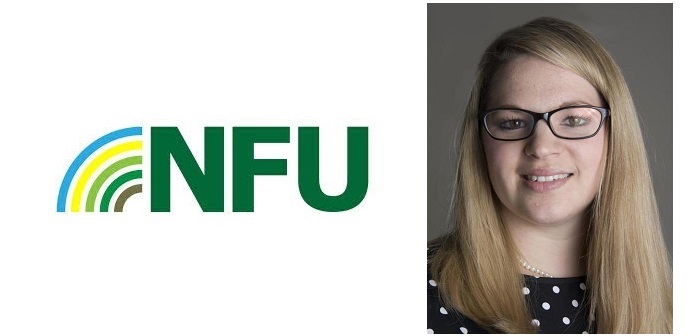Farming has come a long way in its use of antibiotics but is still often subjected to a “bad press” on the issue says NFU animal health adviser, Rebecca Veale.
“We’ll increasingly have to defend how we use medicines in farming,” she said, commenting via a blog on the NFU website, in which she also drew attention to a “lot of evidence” showing how much agriculture has done to reduce its usage of antibiotics.
“Farming gets a bad press when it comes to this subject because it’s an easy target, and also because of some of the poor practice that used to happen,” said Ms Veale (pictured above). “However, there is a lower percentage of medicines used on farmed animals today.
“For example, in 1986, 70% of sales were for the livestock sector. By 2014 it was just under 43%, with over 54% of usage by the companion animal sector. The data includes vaccination sales, which are now much higher than they used to be.”
She is also highlighted the fact that the responsible use of antibiotics is now taken “really seriously” by farmers.
“For instance, antibiotics including third and fourth generation cephalosporins, are no longer used in broiler production,” she said. “Other important antibiotics like colistin are only used as a last resort. It is also illegal to use antibiotics as growth promoters.”
Despite this progress, she warned that EU legislation for veterinary medicines is still in the early stages of change, with the aim of tightening efforts to eliminate bad practices and get rid of some of the administrative burdens which inhibit drug development.
“The NFU is working with its friends in Europe to ensure that the UK perspective is understood and considered,” she said. “In this country, meanwhile, we have the benefit of a great resource in RUMA (Responsible Use of Medicines in Agriculture Alliance), of which the NFU is a part.”
As such, concluded Ms Veale, even though the challenge of antibiotic resistance are here to stay “things aren’t standing still”.




